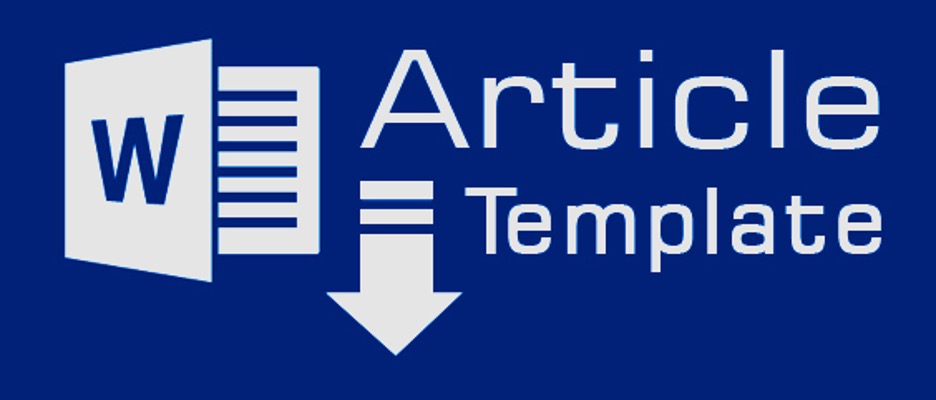Islamic Education in Thailand: Implementation of Islamic Values at Torphanrojjanawich School, Satun, Thailand
DOI:
https://doi.org/10.62490/ijolangid.v1i01.1369Keywords:
Islam, values, education, schoolAbstract
Although Islam is a minority religion in Thailand, it holds a dominant presence in the southern region, where numerous Islamic schools integrate religious values into their teaching and learning processes. These institutions educate students in Islamic principles from early childhood, starting at the kindergarten level and continuing through high school. The aim is not only to provide academic instruction but also to instil core Islamic values in students. This study sought to explore how Islamic values are taught within the Thai educational context. A descriptive qualitative method was employed, with data collected through observations, interviews, and document analysis. The research was conducted at Torphanrojjanawich School in Satun, Thailand, between November 2024 and January 2025. Data analysis followed steps including data condensation, presentation, verification, and conclusion drawing. The findings revealed that students at the school engaged in various learning activities. Academically, instruction was based on a school-specific curriculum rather than the Thai national curriculum. Religiously, the educational focus centred on Islamic principles such as faith, worship, and moral behaviour. This research aims to serve as a reference for implementing Islamic education in contexts where Muslims are a minority.
References
Abdulmani, M. 2014. “Ulama and the Islamic Cultural Identity of Patani.” Journal of Islamic Studies 11(2):89–104.
Ahmad, M. and J. Jawan. 2012. “Conflict and Covert Education: The Survival of Pesantren in Patani.” Southeast Asian Review 9(1):22–35.
Anam, K., H. Asyari, and A. Karim. 2019. “Islamic Dissemination Through Trade in Southeast Asia.” Al-Turas 25(3):321–337.
Bali, A. and S. Masulah. 2019. “Thailand’s National Education Act and Its Impact on Multicultural Education.” International Education Review 16(4):113–128.
Berutu, F. 2019. “Early Islamic Education in Patani: The Role of Pesantren.” Asian Religious Studies Journal 12(1):51–66.
Brahmagunabhorn, D. 2000. Islamic Education in Southern Thailand: A Case Study of the Role of Islamic Schools in the Educational System. University of Thailand.
Busrowi, N. 2013. “Religion and Education in Thailand: Analyzing the Role of Buddhism and Islam in the Curriculum.” Thai Journal of Educational Studies 12(3):45–59.
Fatiyah, N. 2016. “Militarization and the Fate of Religious Education in Patani.” Peace and Security Review 8(2):77–91.
Feigenblatt, O. and G. Federico. 2011. “The Cost of Security: Human Rights and Islamic Education in Southern Thailand.” Human Security Studies 4(3):44–60.
Harahap, F. 2020. Metodologi Penelitian Kualitatif Deskriptif: Teori dan Praktik. Medan: Universitas Negeri Medan Press.
Hardani, et al. 2020. Metode Penelitian Kualitatif & Kuantitatif. Yogyakarta: CV Pustaka Ilmu.
Hikmawati, N. 2020. “Teknik Pengumpulan Data dalam Penelitian Kualitatif.” Jurnal Penelitian Pendidikan 7(2):110–121.
Isbah, M. 2021. “Islamic Boarding Schools and the Production of Religious Authority in Southern Thailand.” Contemporary Southeast Asia 43(1):93–116.
Kaewsom, S. 2017. “Language Policy and Cultural Tensions in Southern Thailand.” Journal of Southeast Asian Linguistics 6(1):10–24.
Karim, A. and H. Asyari. 2016. “The Spread of Islam in Southeast Asia Through Trade Routes.” Islamic World Studies 4(2):45–60.
Medrano, M. 2007. “Religious Transformation in Patani: Historical Overview and Societal Impact.” Journal of Asian History 13(1):101–119.
Muthahari, M. 2005. “The Role of Education in Social and Economic Development.” Thai Education Review 18(2):134–140.
Rijali, A. 2018. “Analisis Data Kualitatif: Tahapan dan Teknik.” Sosiohumaniora 20(1):70–80.
Sangnapaboworn, S. 2007. “Education Policy and Reform in Thailand: Challenges and Solutions.” Journal of Southeast Asian Education 29(1):12–25.
Sugiyono. 2017. Metode Penelitian Kualitatif, Kuantitatif dan R&D. Bandung: Alfabeta.
Sumarni, T. 2018. “Government Reforms in Islamic Education: The Case of Thailand's New Curriculum.” Journal of Education and Religion 9(2):64–78.
Uma, L. 2020. “Legal Frameworks for Religious Freedom in Thailand.” Law and Society Review of Asia 17(3):145–160.
Wayeekao, A. 2016. “State Security and Islamic Education in Thailand.” Policy and Education Studies 11(1):33–48.
Williams, P. 2015. “Islamic Schools and State Recognition in Southeast Asia.” Comparative Education Review 59(4):551–573.
Downloads
Published
How to Cite
Issue
Section
License
Copyright (c) 2025 Eko Fabianto, Gadis Inayatul Aeni

This work is licensed under a Creative Commons Attribution-NonCommercial-ShareAlike 4.0 International License.










